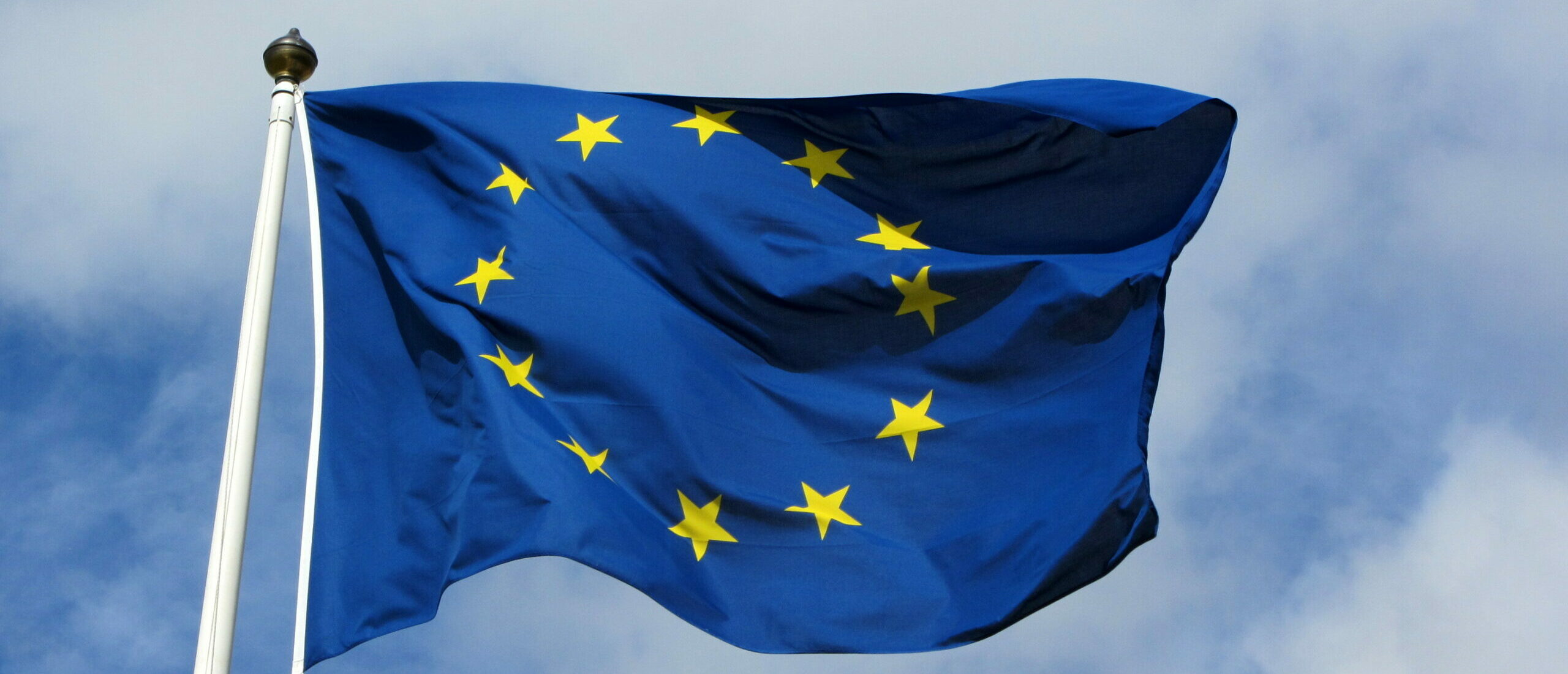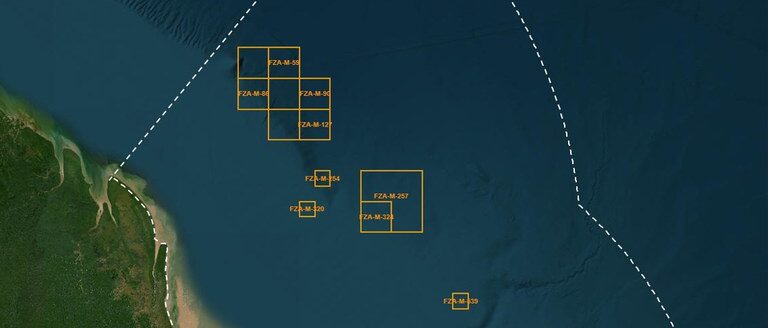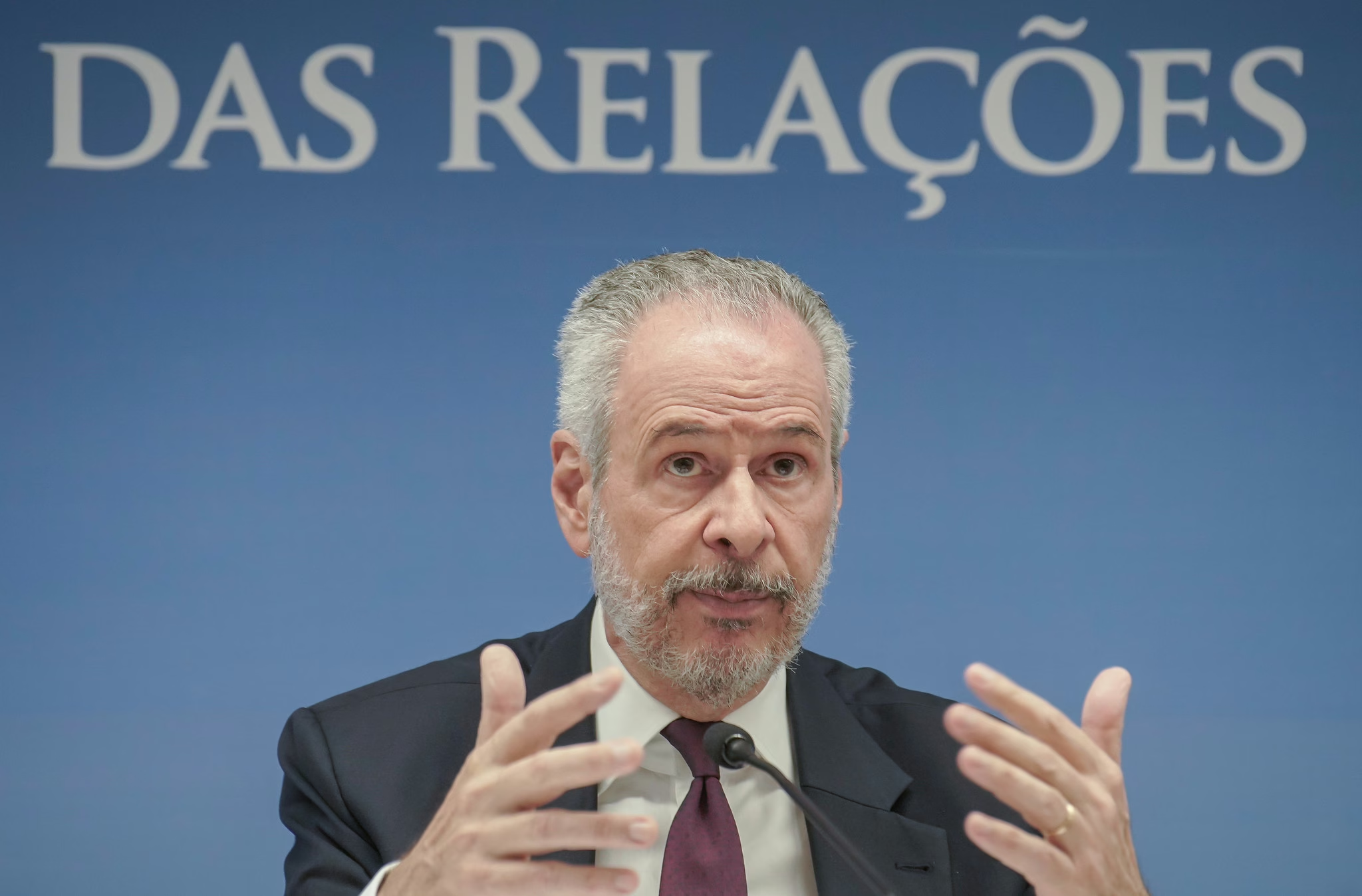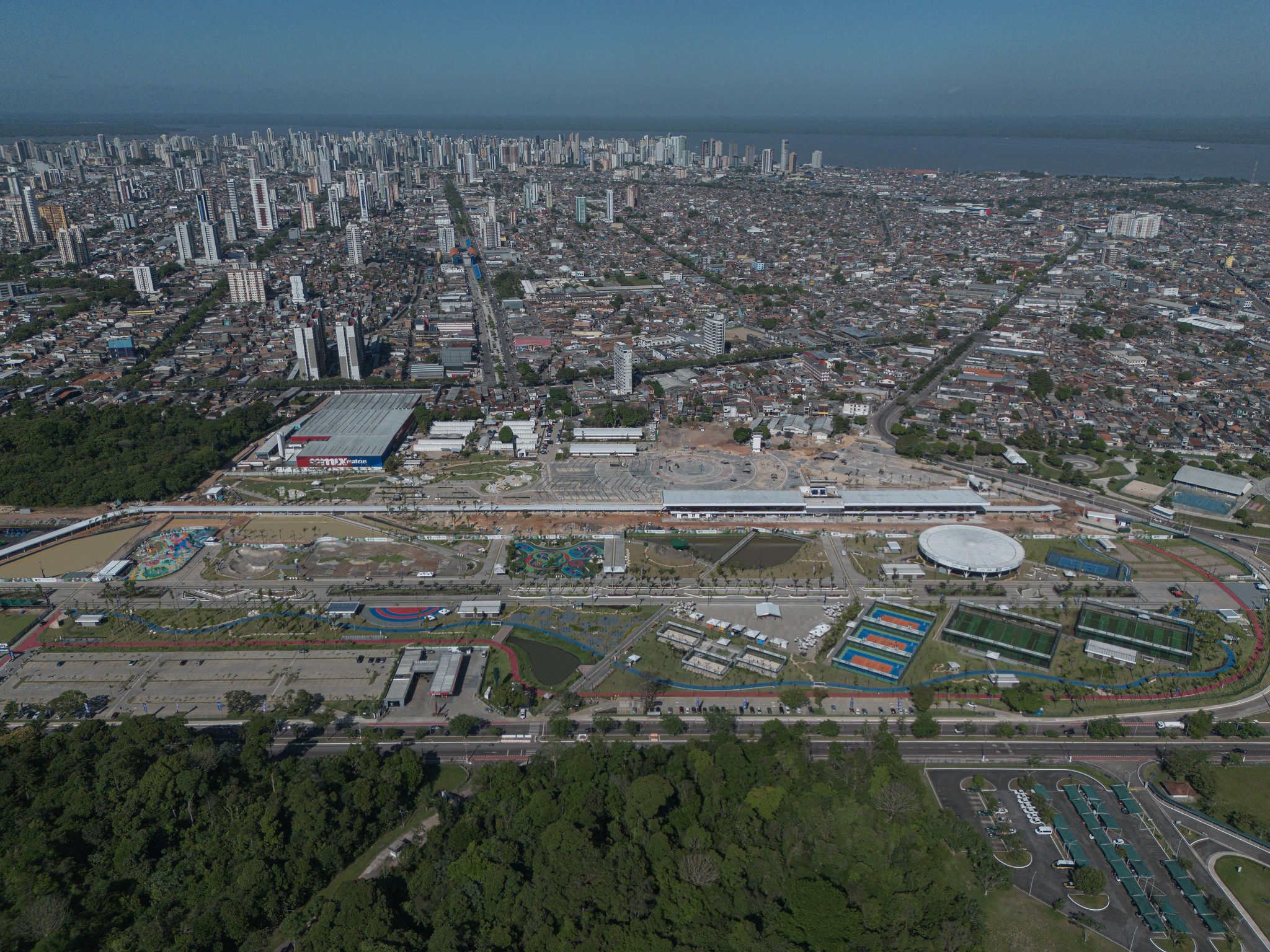The European Union-Mercosur trade agreement enters its political negotiation phase in a whole new world. The coronavirus pandemic imposes the need for a sustainable economic recovery. Thus, environmental safeguards within the agreement, which were already insufficient even before COVID-19, have now made the document outdated.
In 2019, when Europe announced the agreement with Mercosur, it underestimated Jair Bolsonaro’s environmentally devastating policies. At that time, European leaders expressed their expectations that adherence to the treaty – and the resulting economic pressures – could make Bolsonaro retreat from his anti-environmental trajectory, resuming efforts to implement Brazil’s commitments in the Paris Agreement.
The opposite took place. The Brazilian government continued to deny the climate emergency, actively and verbally inciting an increase in deforestation – which grew by 30% in 2019 –, invasions of indigenous lands, land grabbing, and subsidizing fossil fuels. Not only has it taken no steps in the implementation of Brazil’s Nationally Determined Contribution (NDC), for which there is not even a plan, but it has actively worked to block the progress at COP25, the Chile-Madrid climate conference. In the Amazon and the Cerrado, no strategy to fight deforestation has yet been presented, even though official data indicate a possible further increase in forest destruction in 2020.
The COVID-19 crisis has also shown that the denialism of the Bolsanaro administration extends beyond climate science: President Bolsonaro contradicts scientific evidence and WHO guidelines, undermining efforts to contain the pandemic and endangering the Brazilian population.
In the same period, the European Union presented its Green Deal, a package aimed at carbon neutrality in the middle of this century, and has insisted that the post-pandemic economic recovery take place on new grounds, accelerating decarbonization. This initiative needs to be reflected in the negotiations with Mercosur, reinforcing the sustainability principles of the treaty.
The European Community must stimulate a global economy and the generation of jobs under new paradigms, in cooperation with the emerging regions, contributing with initiatives that lead to eradicating poverty, conserving natural assets, and reducing emissions. In this sense, the European bloc must refute the current policy of the Jair Bolsonaro administration, which encourages deforestation and land-related crime and threatens indigenous and traditional populations, human rights, the goals of the Paris agreement, and democracy itself.
The Climate Observatory argues that the premises adopted in the negotiations on the free trade agreement with Mercosur must be reviewed. The progress of any agreement must take into account the new scenario of global climate urgency and the need to implement sustainable development models. In addition, any step towards ratification should only take place after the Brazilian government adopts concrete measures to improve the country’s social and environmental policies.
Established 18 years ago, the Brazilian Climate Observatory (Observatório do Clima) is a network of 50 civil society organizations working on climate policy.





